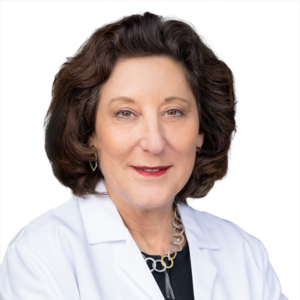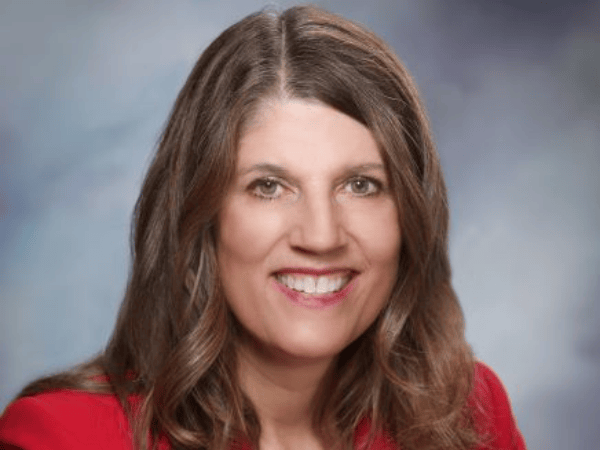The landscape of cancer is shifting beneath our feet, and we must adapt our clinical practice accordingly.
Cancer rates in women under 50 are now 82% higher than in men of the same age — a statistic that should fundamentally reshape how we approach oncological care.
At City of Hope, we’re witnessing rising cases across multiple cancer types: lymphoma, melanoma, thyroid, breast, lung, cervical, and ovarian cancers are increasingly affecting younger women who face decades of survivorship ahead.
This demographic shift demands immediate action. New therapies are allowing more people with cancer to live longer, but our research, treatment protocols, and support systems remain largely tailored to older patients who historically comprised the majority of cancer cases.
Today’s reality is starkly different: many women are navigating a cancer landscape that fails to address their unique needs, particularly regarding quality of life preservation long after diagnosis.
A framework for change
City of Hope is advocating for three critical changes in oncological practice.
First, we must establish a national standard for supportive care that addresses the whole person and family.
The urgency of this initiative becomes clear when examining clinical practice. My colleagues regularly encounter scenarios that were less common just decades ago: waiting rooms where 30-year-old daughters, not their parents, are the cancer patients.
For younger women, this means integrating fertility preservation protocols, workforce reintegration strategies, and comprehensive long-term recurrence risk management into standard practice. These patients face unique challenges like managing young families, maintaining careers, and addressing body image concerns—that traditional oncology care often overlooks.
Second, we need expanded risk assessment protocols. Many women could benefit from early detection but remain unaware of their possible heightened risk.
We’re calling for early assessment of risk, incorporating genetic testing, family history analysis, and lifestyle factors. Standard screening methods often prove less effective in younger women, making individualized risk stratification crucial for optimal outcomes.
Third, we must prioritize age-specific research. Women under 40 remain significantly underrepresented in clinical trials, creating a critical gap in treatment development. At City of Hope, we’re participating in trials like I-SPY2, which tests individualized therapies in the neoadjuvant setting for high-risk breast cancer. This adaptive approach allows us to optimize treatment based on tumor response, providing potentially less toxic therapy for rapidly responding tumors while maximizing sequential treatments for resistant cases.
Clinical reality at the frontline
The urgency of this initiative becomes clear when examining clinical practice. My colleagues regularly encounter scenarios that were less common just decades ago: waiting rooms where 30-year-old daughters, not their parents, are the cancer patients.
The medical community must recognize that young women require fundamentally different treatment approaches than older adults, given that every therapeutic decision carries long-term consequences for someone with decades of life ahead of them.
Moving forward
The data is clear: cancer demographics have fundamentally shifted. Our clinical response must be equally decisive. By implementing systematic changes in supportive care standards, risk assessment protocols, and research priorities, we can ensure that cancer care evolves to meet the needs of this new generation of patients who deserve treatment approaches as sophisticated as the science that guides them.
An expert in breast cancer and clinical trial design, Dr. Rugo has served on steering committees for multiple trials leading to FDA approvals of breakthrough therapies including PARP inhibitors, CDK4/6 inhibitors, and antibody-drug conjugates. Dr. Rugo is a physician-scholar with more than 500 peer-reviewed publications and recipient of the European Society for Medical Oncology’s 2024 Breast Cancer Award.
City of Hope® is one of the largest and most advanced cancer research and treatment organizations in the U.S., with its National Medical Center named top 5 in the nation for cancer by U.S. News & World Report. To learn more about City of Hope, visit: www.cityofhope.org.










